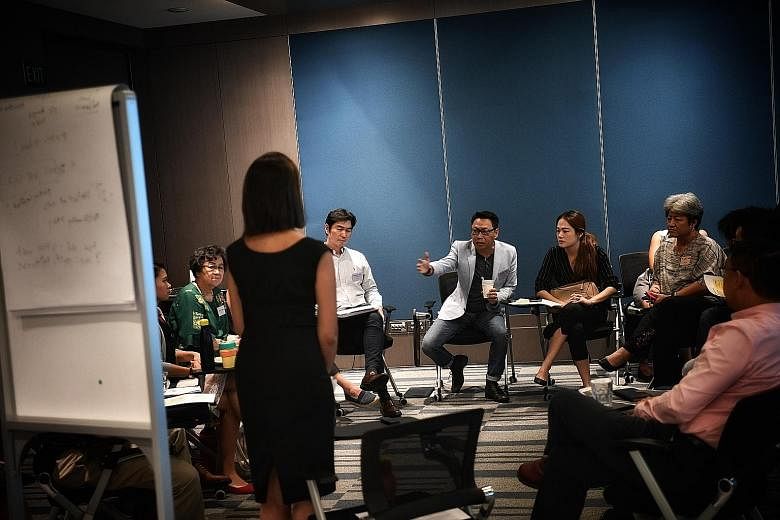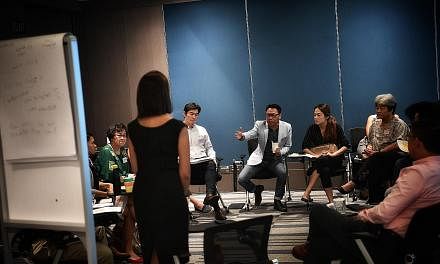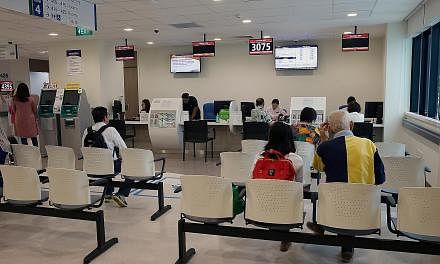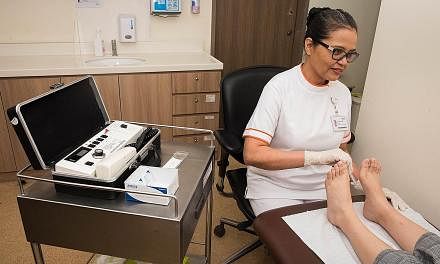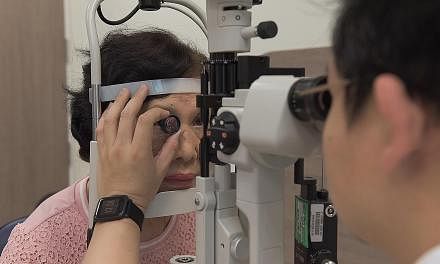The objective of a proposed tax on high-sugar pre-packaged drinks is not to boost government coffers but to ensure that it changes the actions of consumers and manufacturers of such products, Senior Minister of State for Health Edwin Tong said yesterday.
His comments come as Singapore grapples with the issue of how to cut high sugar intake among people here - a major contributor to obesity and diabetes.
"We want this fiscal measure to influence and shape behaviour... If we impose taxes and we end up collecting more taxes, then I think something is not right. Because it means people are prepared to pay the tax to consume the same level of sugar," Mr Tong told 50 participants at a dialogue at Maxwell Chambers.
Organised by the Ministry of Health (MOH) and the Health Promotion Board (HPB), the dialogue was the last of more than 10 sessions held since the launch of a public consultation by MOH last month. The window for feedback ends this Friday.
The MOH will study the comments gathered from more than 3,000 members of the public through online and offline channels before coming up with a decision. It did not specify a timeframe for this.
The MOH has proposed four measures: banning the sale of higher sugar pre-packaged drinks; imposing a tax on manufacturers and importers of such drinks; a mandatory front-of-pack nutrition label on these drinks; and placing wider restrictions or banning the advertisements of high-sugar drinks.
Mr Tong noted a combination of measures and not a single silver bullet is needed to address the problem of high sugar consumption, adding that "underlying all of that has to be a very strong educational effort".
The two-hour dialogue, which included health and advertising professionals, members of academia and the public, saw mixed views.
Some felt that a total ban would be too draconian, while others, like business development manager Mohamad Saddiq, 30, were in favour of it. He recalled how he often drank Teh Botol Sosro (bottled jasmine tea) but when the supermarket near his homestopped selling it, so did his craving for sugary drinks.
"So speaking from personal experience, a ban could work."
Ms Stephanie Lim, 28, founder of an interest group that aims to improve health outcomes for lower-income groups, suggested that nutrition labels should be easy to understand for the public. For example, instead of indicating how many grams of sugar a drink contains, a label that says how many teaspoons of sugar a drink contains would be more effective.
She also hopes that the proposed taxes on manufacturers and importers - designed to encourage the industry to lower the sugar content of its drinks - would not simply end up getting passed on to consumers, in turn driving up prices.
Representatives from the industry such as Mr Daniel Teo, deputy chief executive of Pokka International, suggested the proposed measures, which currently apply only to pre-packaged drinks, would have limited impact. He said: "It is dangerous to take a narrow approach as this will simply shift consumer demand to unregulated products like bubble tea and coffee."
In response, Mr Tong stressed these efforts - pre-packaged drinks account for more than half of Singaporeans' sugar intake from sugar-sweetened drinks -are merely a starting point. He said: "We want to make sure that this set of measures is not just effective but also maybe more importantly, sustainable... We don't want something that drives behaviour from one type of sugar to another type of sugar."
• The public can give feedback on these proposed measures till Jan 25 at www.reach.gov.sg/sugarydrinks
